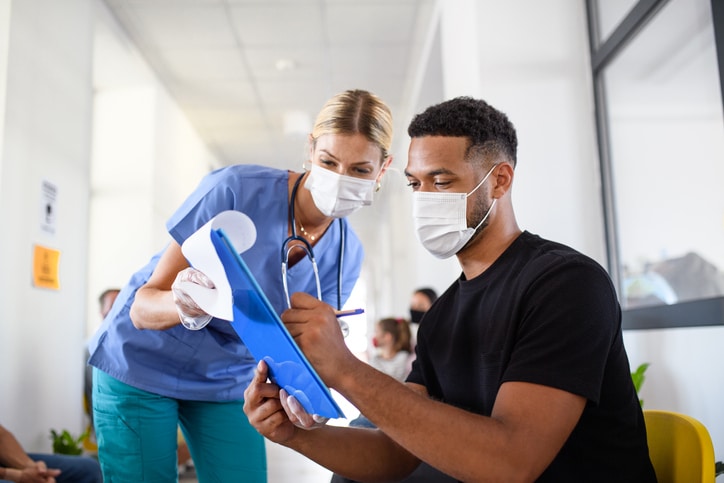Every year, hundreds of clinical trials are conducted in Canada to test new drugs for approved use on humans. Clinical trials serve as an evidentiary basis for determining whether medicines are safe and effective. Monitoring patient safety during clinical trials is a critical practice throughout the whole drug development process. With the high costs of conducting clinical trials, the pharmaceutical industry can benefit from clear safety evaluations that can lead to better patient protection and save development costs.
Clinical safety is a collaborative concern that involves sponsors, sites, researchers, and any personnel in the clinical trial phases. As the industry adapts to evolving regulations, there will be a greater need for active safety surveillance activities. Read on to learn more about the responsibilities of ensuring safety through clinical trials.
Key Personnel in Safety Monitoring
As students in clinical research courses may know, pharmaceutical companies are responsible for developing safety protocols along with Standard Operation Procedures (SOPs) to collect, evaluate, and report safety data. This ensures that clinical trials follow a systematic approach to safety monitoring. In any clinical trial, there are a number of stakeholders who must communicate with one another to ensure the safety of clinical subjects.

Professionals with clinical research training are responsible for developing safety protocols
The key personnel in safety monitoring include:
- Sponsors – usually pharmaceutical companies
- Subjects – the patients or volunteers in a clinical trial
- Investigators – trained professionals who provide medical care to subjects
- Ethics committee – designed to protect the rights and welfare of subjects
Generally, the sponsor is required to review all relevant safety information on the drug and update subjects, investigators, and the ethics committee on any potential risks. In addition, subjects must provide informed consent based on a clear understanding of what their participation in the trial involves.

Clinical safety depends on the collaboration of sponsors, investigators, and subjects
Steps to Ensure Patient Safety in Clinical Trials
With the right system in place for patient safety, pharmaceutical companies can promote informed decision-making in subjects for improved outcomes in the clinical trial procedure. Professionals with clinical research training play a crucial role in protecting the trial participants and helping to reduce the time between drug development and marketing approval. To conduct an effective trial, researchers need to ensure that:
- Informed consent accurately delivers the risks and benefits
- Appropriate changes are made to the protocol according to research
- All changes are communicated to investigators and the ethics committee
- Patients are monitored
- Investigators track and respond to negative side-effects
With a patient-centric approach, clinical safety procedures can not only improve the efficacy of a trial but also improve patient enrolment with an increased retention rate.

Subjects must be well-informed on their participation and monitored throughout the trial
The Value of Clinical Research Courses
The demand for trained professionals in clinical research and pharmacovigilance continues to grow, as the pharmaceutical industry is forced to navigate changes in the regulatory field. Clinical safety courses offer a hands-on training approach to monitoring trials and conducting drug safety activities. Within that context, students will understand the responsibilities of the investigator, the sponsor, and the patient. By studying both the Canadian healthcare system and international guidelines, students develop the practical knowledge to formulate a clinical development plan that protects the rights and integrity of trial subjects. In the process, they can prepare for a career that maximizes the positive potential of clinical research in the healthcare community.
Are you looking to take clinical research courses in Toronto?
Contact the Academy of Applied Pharmaceutical Sciences today!




